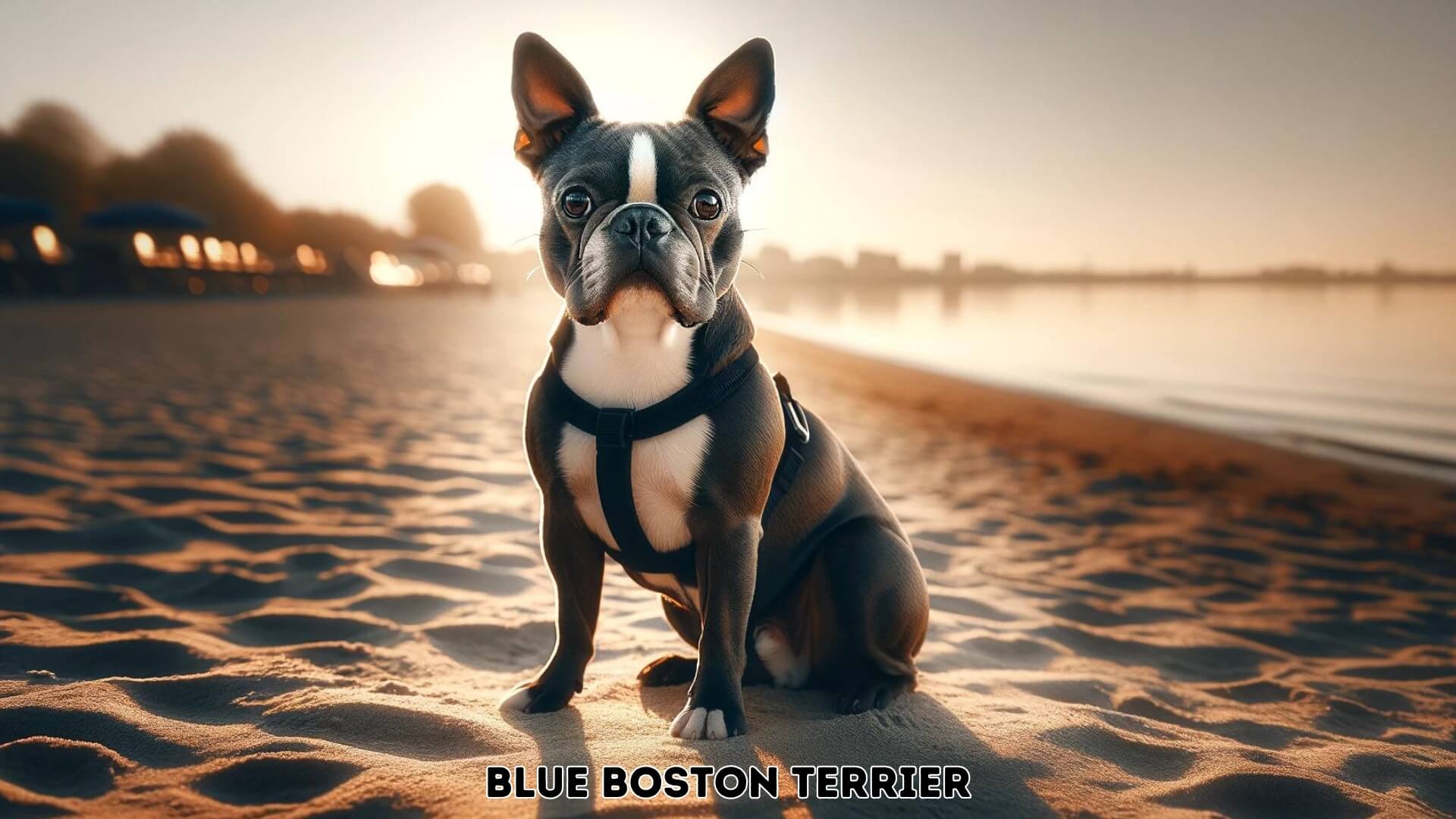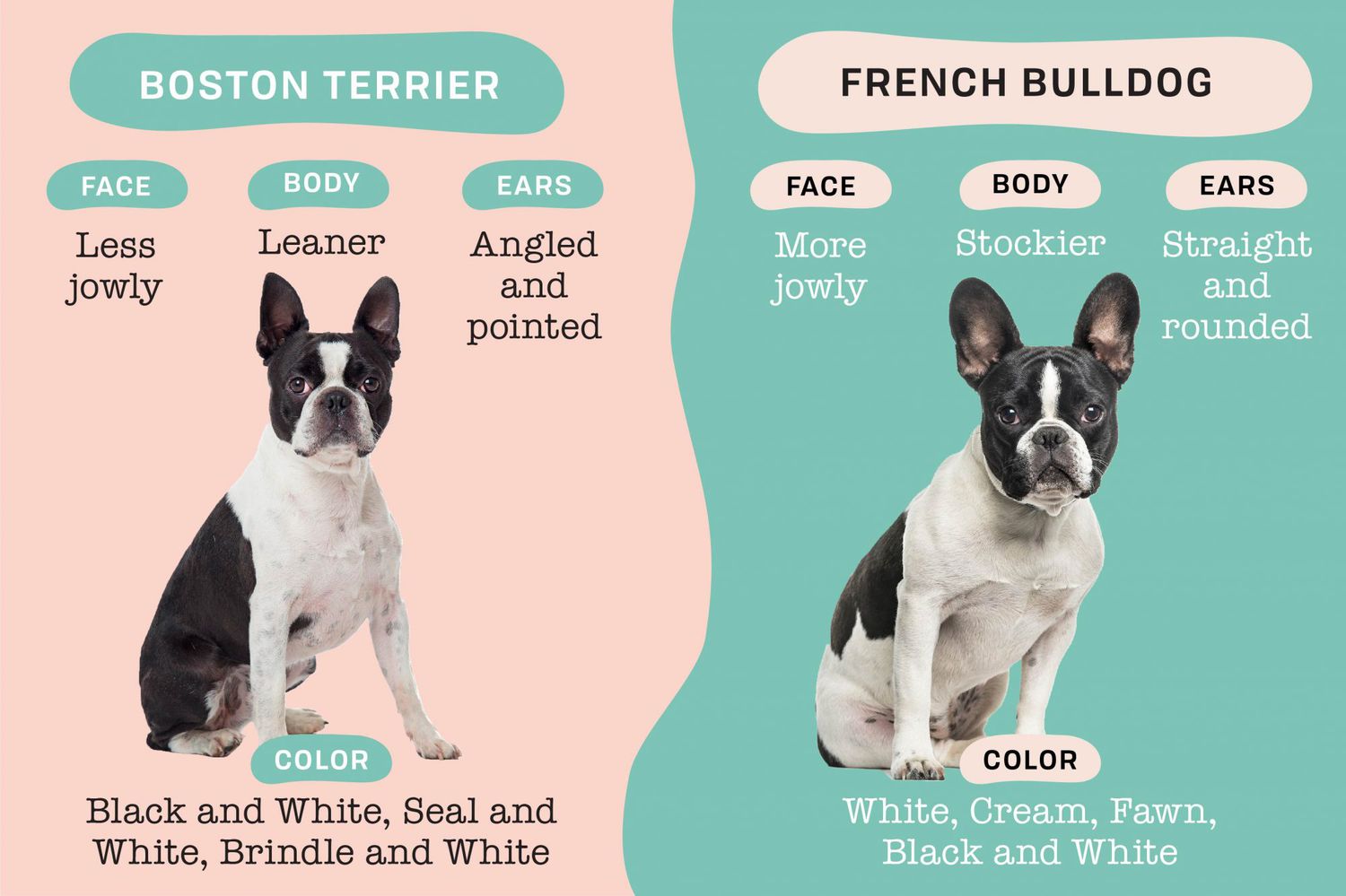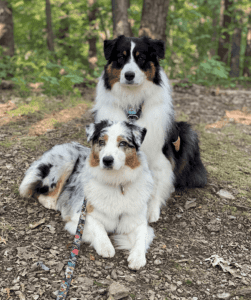Adopting a dog is a significant decision that can bring immense joy and companionship into your life. Among the many breeds available, the Boston Terrier stands out as a delightful choice for those seeking a house dog. Known for their friendly nature and manageable size, Boston Terriers have become popular family pets. However, like any breed, they come with their own set of characteristics, needs, and considerations. This guide will walk you through everything you need to know about adopting a Boston Terrier, from understanding their temperament to evaluating costs and finding the right match for your family.
Key Takeaways
- Boston Terriers are small, friendly, and intelligent dogs, making them excellent house pets.
- They have moderate energy levels, requiring regular exercise but not extensive space.
- Adoption costs can vary, with initial expenses typically ranging from $200 to $600.
- Boston Terriers are generally good with children and other pets, but early socialization is crucial.
- When considering adoption, compare similar breeds like French Bulldogs and Pugs to ensure the best fit.
Boston Terrier Adoption: A Comprehensive Guide
Adopting a Boston Terrier can be a rewarding experience. These dogs are often referred to as the “American Gentleman” due to their tuxedo-like markings and polite demeanor. They are well-suited for various living situations, including apartments and houses, thanks to their compact size and adaptable nature. But before you make the decision, it’s essential to understand what makes this breed unique and whether it’s the right fit for your home.

“Blue Boston Terrier – Dog Breed …” from chocolatelabdenver.com and used with no modifications.
Why Choose a Boston Terrier?
Boston Terriers are beloved for their cheerful disposition and affectionate nature. They tend to form strong bonds with their owners and thrive in environments where they receive plenty of attention and love. Their intelligence makes them relatively easy to train, although they can be a bit stubborn at times. This breed is perfect for individuals or families looking for a dog that is both playful and cuddly.
Recognizing the Perfect Boston Terrier Match
Finding the right Boston Terrier involves more than just falling in love with their cute appearance. Consider the following factors:
- **Lifestyle Compatibility**: Do you have the time to provide regular exercise and mental stimulation?
- **Space Availability**: Although they are small, Boston Terriers still need room to play and explore.
- **Family Dynamics**: Are there children or other pets in the household? Boston Terriers generally get along well with both.
Adoption from Rescue Org vs Shelter: Making an Informed Decision
When adopting a Boston Terrier, you have the option of going through a rescue organization or a shelter. Each has its own set of advantages:
Rescue Organizations: These groups often specialize in specific breeds and can provide detailed information about the dog’s history and behavior.
Shelter: While they may have a more limited selection, adopting from a shelter can save a dog’s life and often comes with lower adoption fees.
Consider visiting both to meet potential pets and ask questions about their care and background. Remember, the goal is to find a dog that fits well with your lifestyle and family needs. For more insights on finding the right breed, you can explore Boston Terrier adoption tips.
Understanding Boston Terrier Characteristics
Before bringing a Boston Terrier into your home, it’s crucial to understand their unique characteristics. This knowledge will help you provide the best care and ensure a harmonious relationship with your new furry friend.
Temperament and Personality Traits
Boston Terriers are known for their friendly and sociable nature. They typically enjoy being around people and are eager to please, which makes them great companions. However, they can also be quite independent, so it’s important to establish boundaries and training early on. Their playful demeanor makes them a hit with children, but always supervise interactions to ensure everyone’s safety. If you’re considering bringing a Boston Terrier into your home, it’s helpful to know how to prepare your home for a rescue pet.
Energy Levels and Exercise Needs
While Boston Terriers are not as high-energy as some breeds, they still require regular exercise to stay healthy and happy. Daily walks and playtime are essential to meet their physical and mental needs. Because of their compact size, they don’t need extensive space to run, making them suitable for apartment living. Just ensure they have enough opportunities to expend energy and engage in stimulating activities.
Grooming Requirements and Maintenance
Boston Terriers are relatively low-maintenance when it comes to grooming. Their short coat requires minimal upkeep, making them an excellent choice for those who prefer a dog that doesn’t need constant grooming. A weekly brush will help remove loose hair and keep their coat shiny. Additionally, regular baths—about once a month or as needed—will keep them clean and odor-free.
Beyond coat care, Boston Terriers need routine attention to their ears, teeth, and nails. Check their ears weekly for signs of infection, such as redness or a bad smell, and clean them with a gentle ear cleaner if necessary. Dental health is crucial, so aim to brush their teeth several times a week to prevent plaque buildup. Lastly, keep their nails trimmed to avoid discomfort and potential injury. Regular grooming not only keeps your Boston Terrier looking their best but also promotes their overall health and well-being. For more tips on preparing your home for a pet, check out our pet home preparation guide.
Evaluating the Cost of Adopting a Boston Terrier
Adopting a Boston Terrier involves several costs, both initial and ongoing. Understanding these expenses will help you plan your budget and ensure you can provide the best care for your new pet. For more insights, you can explore this pet home preparation guide to better prepare for your new furry friend.
Initial Adoption Costs
The initial cost of adopting a Boston Terrier can vary depending on the source. Adoption fees from shelters typically range from $200 to $600, which often includes vaccinations, spaying or neutering, and a health check. If you choose to adopt from a rescue organization, fees might be slightly higher, reflecting the breed-specific care and rehabilitation they provide.
Beyond the adoption fee, you’ll need to consider other initial expenses such as purchasing supplies. This includes a bed, crate, food and water bowls, toys, and grooming tools. These items can add up to an additional $150 to $300. It’s essential to have these supplies ready before bringing your Boston Terrier home to ensure a smooth transition.
Ongoing Expenses: Care and Maintenance
Once your Boston Terrier is settled in, you’ll encounter ongoing costs related to their care and maintenance. These expenses include food, routine veterinary care, grooming supplies, and toys. Quality dog food is crucial for their health, and you can expect to spend approximately $20 to $60 per month on food, depending on the brand and quantity. For more insights on managing these expenses, explore this comprehensive guide on Boston Terriers.
Routine veterinary care is another significant expense. Annual check-ups, vaccinations, and flea and tick prevention can cost between $200 and $400 per year. Additionally, dental cleanings and unexpected health issues can add to your veterinary bills, so it’s wise to budget for these potential expenses.
- **Food**: $20-$60 per month
- **Routine Veterinary Care**: $200-$400 per year
- **Grooming Supplies**: Minimal, given their low-maintenance coat
- **Toys and Accessories**: $50-$100 per year
Financial Considerations for Health and Emergencies
Boston Terriers, like all breeds, can be prone to specific health issues. Common concerns include brachycephalic respiratory problems, eye conditions, and allergies. It’s essential to be prepared for potential health emergencies, which can be costly. Consider setting aside a fund for unexpected veterinary expenses or investing in pet insurance to help manage these costs.
Boston Terriers as Family Pets
- **Friendly and Affectionate**: Known for their loving nature and eagerness to please.
- **Good with Children**: Generally gentle and patient with kids, but supervision is always recommended.
- **Social with Other Pets**: Can get along well with other animals with proper introduction and socialization.
- **Cuddly Companions**: Enjoy being close to their owners and are often described as lap dogs.
Boston Terriers are often referred to as the perfect family pet due to their friendly and affectionate nature. They thrive on human interaction and are happiest when they are part of family activities. Their gentle temperament makes them well-suited for homes with children, although it’s always important to supervise interactions to ensure safety for both the dog and the kids. Learn more about the Boston Terrier breed and why they make such great companions.
Socialization plays a crucial role in how well a Boston Terrier will adapt to living with other pets. With proper introductions and positive reinforcement, they can coexist peacefully with other dogs and even cats. Their playful nature and love for companionship make them a joy to have in multi-pet households.
Most importantly, Boston Terriers are known for their cuddly disposition. They enjoy curling up with their owners on the couch and are often described as lap dogs. This affectionate behavior strengthens the bond between the dog and their human family, providing comfort and companionship. If you’re considering bringing one home, make sure to prepare your space by following this rescue pet home preparation guide.
Interaction with Children
Boston Terriers generally do well with children due to their friendly and tolerant nature. They are patient and playful, making them great playmates for kids. However, it’s crucial to teach children how to interact with dogs respectfully and safely. Always supervise playtime to prevent accidental injuries, especially with younger children who may not yet understand how to handle pets gently.
Socialization with Other Pets
Introducing a Boston Terrier to other pets should be done gradually and in a controlled environment. Start with short, supervised interactions and reward positive behavior with treats and praise. Over time, your Boston Terrier will likely learn to coexist peacefully with other animals in the household. Early socialization is key to ensuring your Boston Terrier is comfortable and confident around other pets.
The Boston Terrier’s Cuddly Nature
Boston Terriers are often described as the perfect lap dogs, thanks to their affectionate and cuddly nature. They love nothing more than snuggling up with their owners and enjoying some quality downtime. This close bond provides both comfort and companionship, making them ideal for individuals or families seeking a loving pet. Their small size allows them to fit comfortably on your lap, and their gentle demeanor means they’re likely to become a beloved member of the household.

“Boston Terrier vs. French Bulldog: How …” from www.dailypaws.com and used with no modifications.
Similar Breeds Comparison
While Boston Terriers are a popular choice for many, it’s worth considering other breeds with similar characteristics. Each breed has its unique traits, so exploring your options can help you find the perfect match for your lifestyle and preferences.
French Bulldogs: A Size and Temperament Match
French Bulldogs share many similarities with Boston Terriers, including their compact size and friendly disposition. They are known for their easygoing nature and make excellent companions for apartment dwellers. Like Boston Terriers, French Bulldogs require moderate exercise and are relatively low-maintenance when it comes to grooming. Their playful and affectionate personality makes them a great choice for families and individuals alike.
Pugs: Compact Companions
Pugs are another small breed that offers a delightful mix of charm and companionship. Known for their wrinkled faces and curly tails, Pugs are affectionate and enjoy being the center of attention. They have a similar energy level to Boston Terriers, requiring regular walks and playtime. Pugs are generally good with children and other pets, making them a versatile choice for various household dynamics.
American Staffordshire Terriers: Energetic and Loyal
For those seeking a more energetic companion, the American Staffordshire Terrier may be a suitable alternative. While larger than Boston Terriers, they are known for their loyalty and protective nature. They thrive in active households where they can participate in regular exercise and mental stimulation. With proper training and socialization, American Staffordshire Terriers can be loving and devoted family pets.
When considering different breeds, it’s essential to evaluate their temperament, energy level, and grooming needs to ensure they align with your lifestyle. Visiting shelters or rescue organizations to meet potential pets can provide valuable insight into their personalities and help you make an informed decision.
Final Thoughts for Adopters
Adopting a Boston Terrier, or any dog, is a significant commitment that requires careful consideration and planning. By understanding the breed’s characteristics, needs, and potential challenges, you can ensure a successful and fulfilling adoption experience. Boston Terriers are known for their friendly nature, adaptability, and affectionate disposition, making them a wonderful addition to many homes.
Before adopting, take the time to assess your lifestyle and determine if a Boston Terrier is the right fit for you. Consider factors such as your living space, family dynamics, and ability to provide the necessary care and attention. Whether you choose a Boston Terrier or explore similar breeds, the goal is to find a companion that will enrich your life and bring joy to your household. For tips on preparing your home for a new pet, check out this home preparation guide.
Frequently Asked Questions
Are Boston Terriers good with children? Yes, Boston Terriers are generally good with children. Their friendly and patient nature makes them great playmates, but it’s important to supervise interactions to ensure safety for both the dog and the child.
How much exercise do Boston Terriers need? Boston Terriers require moderate exercise, including daily walks and playtime. While they don’t need extensive space to run, regular physical activity is essential to keep them healthy and happy.


